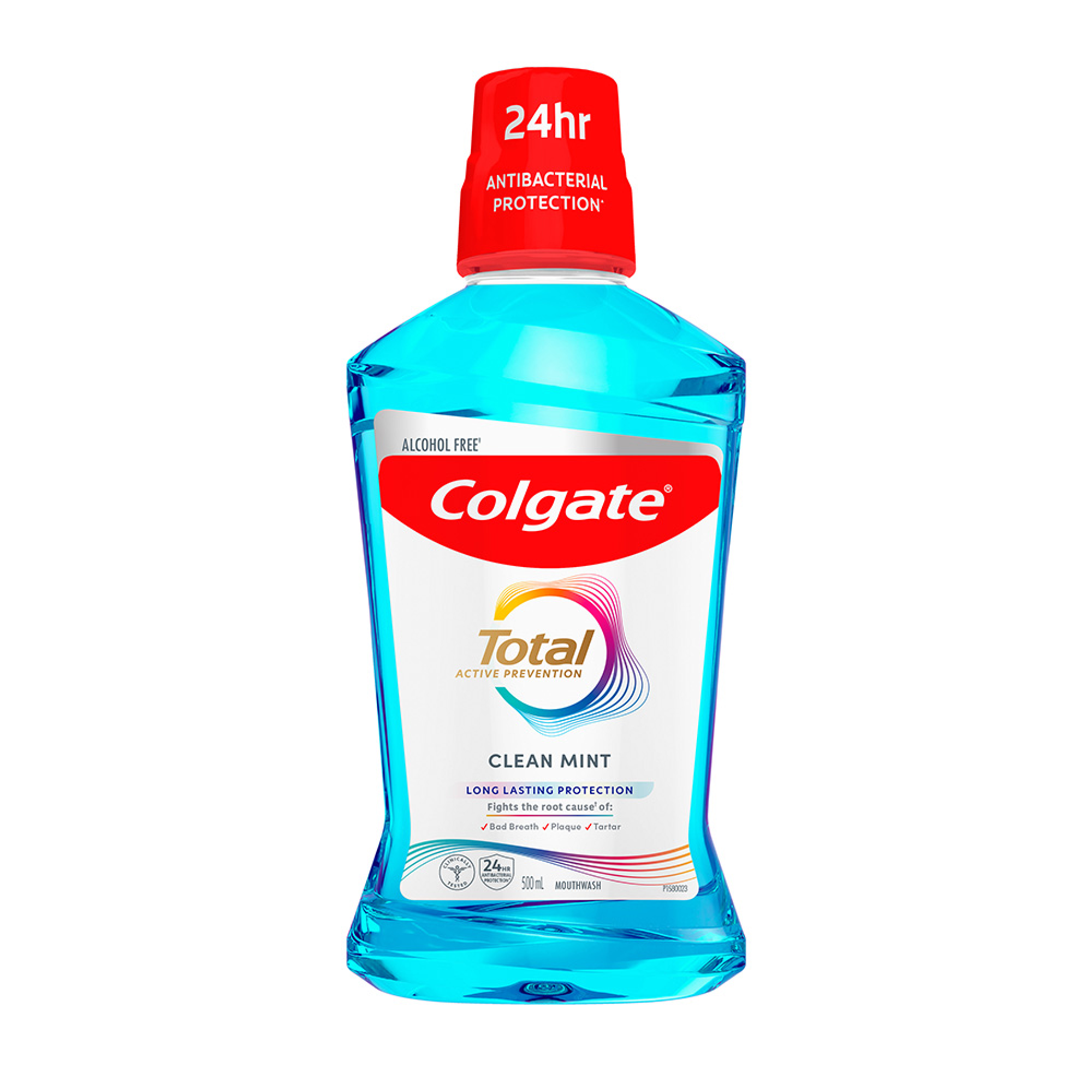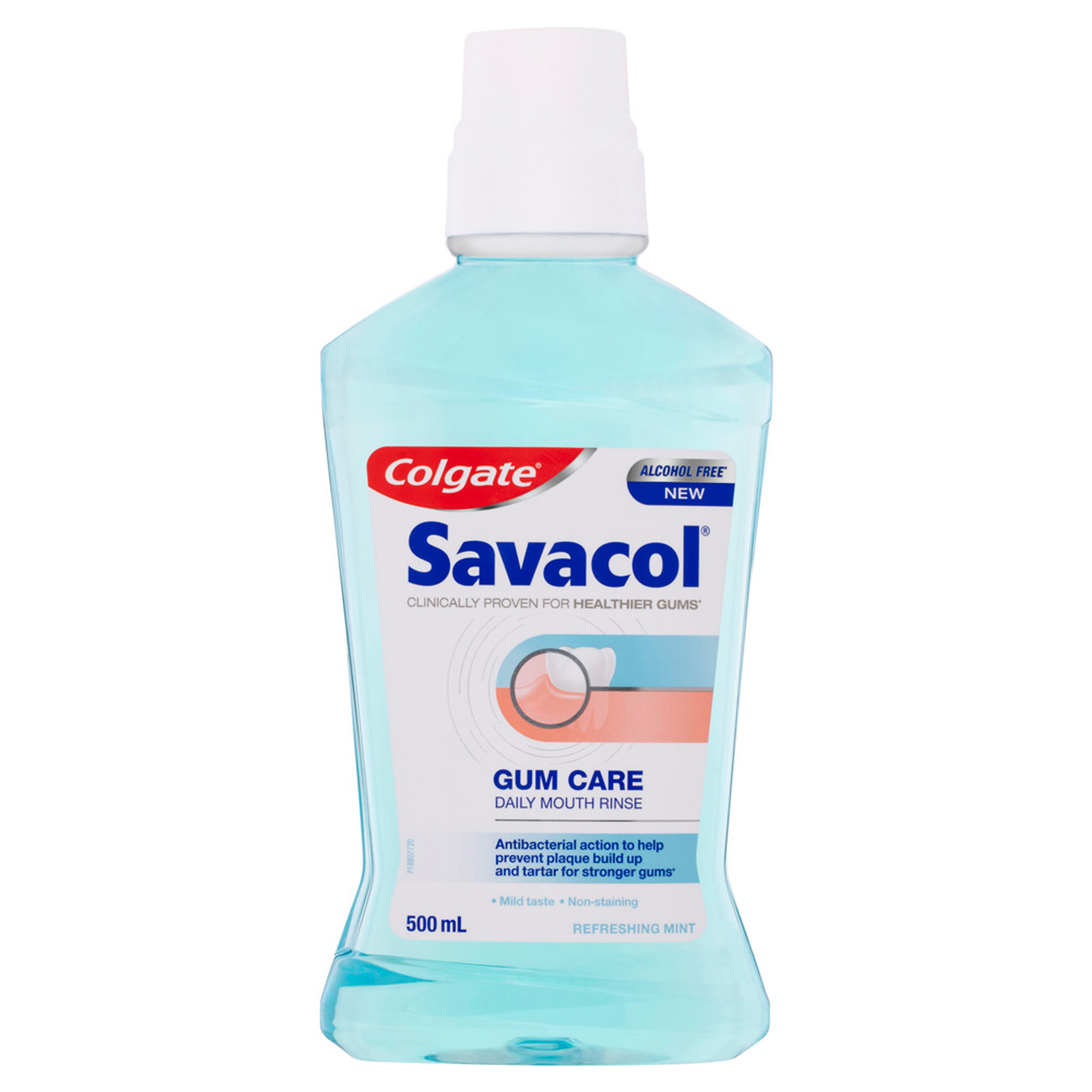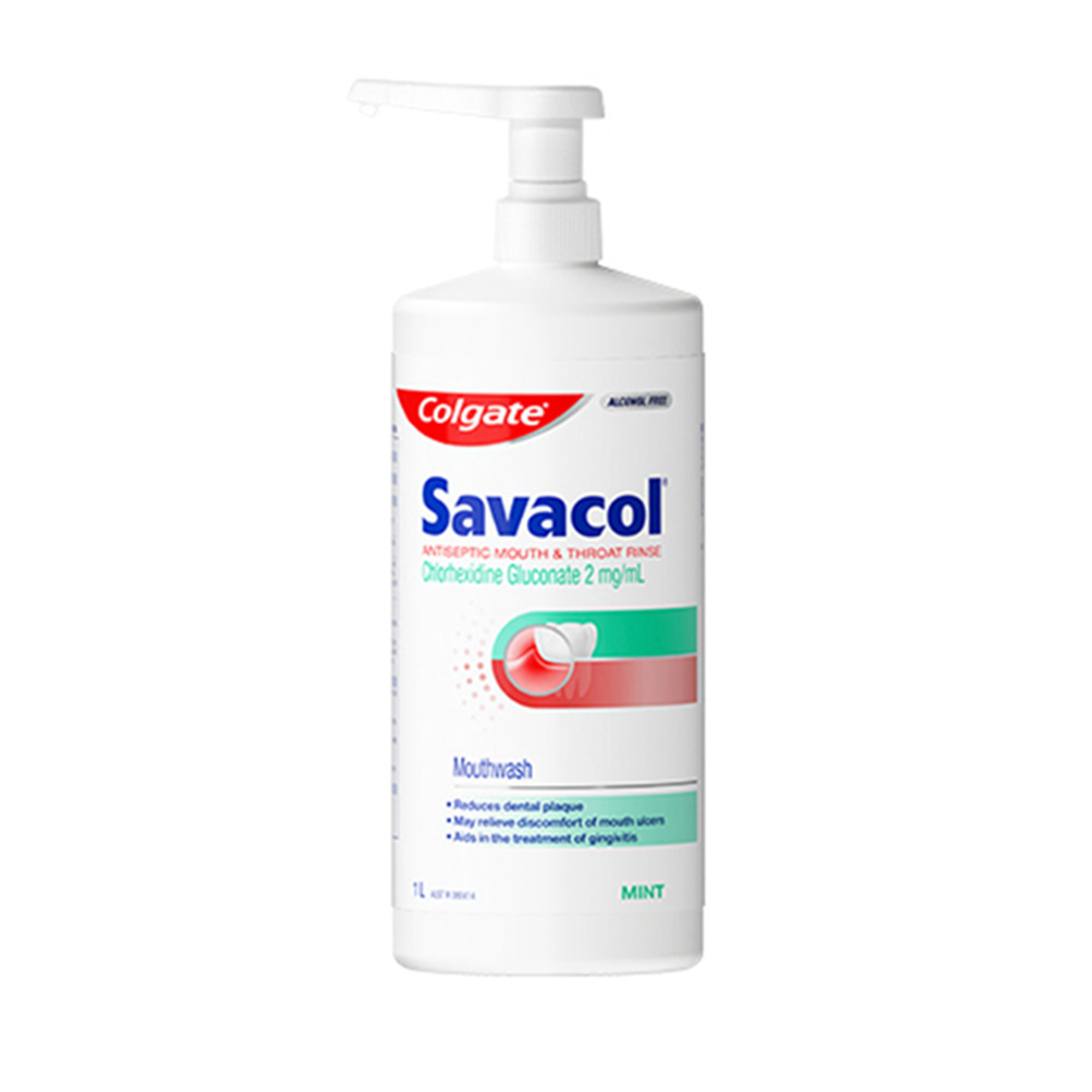
Poor oral hygiene from a lack of toothbrushing in children is considered to be an important risk factor for early childhood caries (ECC), a preventable condition of the developing dentition that can be seen in children under six years of age². Early childhood caries may lead to a number of negative consequences, including disrupted eating and sleeping patterns², oral pain and discomfort and the poor appearance of a child’s smile. Additionally, inadequate oral hygiene and poor oral health may subject a child to childhood or school bullying and societal rejection as a result of halitosis, aesthetics and early tooth loss due to decay¹. Toothbrushing is an incredibly important skill and behaviour that should be introduced as early as six months of age, or when the child shows signs of teething and tooth eruption¹. Seeing as ECC is well established in children as young as six, oral hygiene habits and behaviours must be further considered as potential risk factors. Factors such as delayed childhood brushing, frequency of brushing and parental understanding and motivation to brush their child’s teeth are important to consider⁴. Parental assisted toothbrushing and attitudes towards oral health play a crucial role in childhood development and affect understanding of oral care well into adulthood. Parental and caregiver knowledge have a lot of influence along with that of the greater community. With the help of oral health promotion, early intervention and success is highly achievable, though further barriers must be considered.
Barriers
Toothbrushing in children is an art, a specific skill or ritual that must be enforced daily in order to prevent negative oral health effects. Young ones rely on the advice, support and knowledge of all those around, primarily being parents, carers and siblings. Toothbrushing assistance can be a difficult task to manage, with the inclusion of busy work and school life schedules, differences in education and toothbrushing techniques, time constraints and the accessibility of oral hygiene aids¹. Many have learnt oral hygiene habits from generations before, following what has been enforced within the family household. However, not all prior knowledge is found to be appropriate or effective in maintaining good oral health and hygiene. Evidence suggests many families believe that toothbrushing is the child’s sole responsibility, while others have thought of brushing once a day to be better than not at all³. Cultural and societal beliefs demonstrate a strong link between good or poor oral hygiene, dependent on what has been taught and learnt². Furthermore, as a dual process, the delivery of oral hygiene is highly dependent on the support and knowledge of the carer and the ability of the child to cope and comprehend the purpose of daily toothbrushing³. This can be particularly challenging, as certain factors like taste, texture, comfort, the child's position, and the timing of toothbrushing can lead to highly negative reactions for both the child and the caregiver. Child acceptance of toothbrushing is a primary factor in limiting toothbrushing routines, with parents finding it difficult to manage and comfort the child during such practices⁴. This can result in parents relying on the child to ‘do it themselves’ rather than providing physical assistance well before dexterity and the ability to brush effectively has been established⁴. Physical motor skills are what drives the effectiveness of toothbrushing, an art that may not be mastered before the age of 7-8 years old¹. Family brushing routines additionally may increase adversity, particularly in larger families with several children to assist. It is through enabling factors such as knowledge and parental involvement that adversity in community oral health decline can be improved⁴.
Tips & Tricks
Community awareness and education helps to minimise the likelihood of early childhood caries, gingivitis and bad breath commonly seen in our younger population. Many oral health barriers can be identified, though it is through societal and parental responsibility that this preventable disease is more likely to be avoided. Various individual, family and community recommendations are as follows:
- Make Toothbrushing a Family Affair – this creates greater compliance and positive attitudes towards oral hygiene
- Practice Taking Turns – allow the child to practice brushing then the carer should ensure to complete effectively
- Set Timer & Reward System – may improve child adherence through positive feedback
- Trial Toothbrushes & Toothpastes – children are more likely to be sensitive to tastes and textures of oral hygiene products; work together to find what works well for the whole family
- Attend Regular Dental Visits - this further supports the family and their understanding of oral health
- Make Oral Health fun - visit the Bright Smiles Bright Futures website here for games and educational materials
Oral Hygiene Recommendations for children with moderate to high risk for dental caries up to 6 years of age in Australia:
In complying with best practice and early prevention, professional recommendations may further support the child, parent or caregiver towards a brighter and healthier future⁵.
- Brushing two times daily for two minutes with fluoridated child’s toothpaste – 500 ppm for under 18 months and 1000 ppm for 18 months and over in Australia
- Brush in circular motions along the gumline for effective plaque removal
- Use a small headed child’s toothbrush
- Use a smear for under 18 months and a ‘pea size’ amount of toothpaste for 18 months and over
- Spit don’t rinse the toothpaste after use
- Avoid swallowing and ingestion toothpaste as reasonably possible
- Parental assistance is required until age 7-8
- Don’t share toothbrushes and replace the toothbrush every 3 months or when the bristles appear worn (whichever occurs first)
- Keep toothpaste out of reach of young children
Furthermore, fluoride use in children’s toothpaste is of particular focus, a key ingredient found to assist in tooth protection, strengthening and remineralisation. Following professional guidelines of use will help to maintain good oral hygiene and meet with a child’s need with gradual growth and dental development⁶.
- 0-17 months: 500ppm child’s toothpaste
- 18 months – 6 years: 1000ppm toothpaste
- 7- 12 years: 1000-1500ppm adult strength toothpaste
- 13+: 1000-1500ppm adult toothpaste
Naidu, RS Nunn, JH, 2020, ‘Oral Health Knowledge, Attitudes and Behaviour of Parents and Caregivers of Preschool Children: Implications for Oral Health Promotion’, Oral Health & Preventive Dentistry, DOI: 10.3290/j.ohpd.a43357
Aliakbari, E, Gray-Burrows, KA, Vinall-Collier, KA, Edwebi, S, Salaudeen, A, Marshman, Z, McEachan, RRC& Day, PF, 2021, ‘Facilitators and barriers to home-based toothbrushing practices by parents of young children to reduce tooth decay: a systematic review’, Clinical Oral Investigations, DOI: 10.1007/s00784-021-03890-z
Marshman, Z, Ahern, SM, McEachan, RRC, Rogers, HJ, Gray-Burrows, KA & Day, PF, ‘Parents’ Experiences of Toothbrushing with Children: A Qualitative Study’, JDR Clinical and Translational Research, DOI: 10.1177/2380084416647727
SA Dental, n.d, A guide to brushing children’s teeth, <https://www.dental.sa.gov.au/advice/guide-to-brushing>
ADA Guidelines, 2022, Practical Guidelines for use of Fluorides, <www.ada.org.au>.
Latisha Sykora is a fourth-year student pursuing a Bachelor of Dental Surgery at the University of Adelaide. As a proud Mudburra-Jingili woman, she possesses great desire and commitment to elevate Indigenous oral health outcomes by promoting leadership and preventive measures. Latisha's journey in dentistry began in 2012, completing a school-based traineeship in dental assisting, an experience that fuelled her interest in oral disease, particularly in rural and remote communities. Her determination led to becoming a graduate Oral Health Therapist in 2019. Currently, she serves as a supporting clinician at the Indigenous Oral Health Unit (IOHU) at the University of Adelaide, while also devoting time to work in private practice. For Latisha, early intervention and education hold the key to achieving excellence in oral health. She actively demonstrates this belief by mentoring Indigenous students and serving as a Director of the Indigenous Dental Association Australia (IDAA). In 2022, she was awarded the Student Leadership Award for Indigenous Allied Health Australia (IAHA). Through her inspiring work and leadership, Latisha joins the Colgate Advocates for Oral Health: Content Community ready to embody a lasting impact on Indigenous oral health and create a brighter, healthier future for her community.
Join us
Get resources, products and helpful information to give your patients a healthier future.
Join us
Get resources, products and helpful information to give your patients a healthier future.











